Fishes, Amphibians, and Reptiles -> circulation
Circulation
Circulation refers to the movement of fluids within an organism's body. In humans and other animals, circulation typically involves the transportation of blood through the circulatory system, which includes the heart, blood vessels, and blood itself.
The Circulatory System
The circulatory system is composed of the following components:
- Heart: The muscular organ that pumps blood throughout the body.
- Blood vessels: The network of arteries, veins, and capillaries through which blood flows.
- Blood: The fluid that carries oxygen, nutrients, and waste products throughout the body.
Functions of Circulation
The circulatory system serves several important functions, including:
- Transportation: Circulation transports oxygen from the lungs to the body's tissues and removes carbon dioxide for exhalation.
- Nutrient delivery: It delivers nutrients absorbed from the digestive system to the body's cells.
- Waste removal: Circulation carries waste products from cells to the organs responsible for elimination (e.g., kidneys, liver).
- Immune response: It transports white blood cells and antibodies to fight infections and heal injuries.
Circulation in Humans
In humans, the circulation process involves the following steps:
- Pulmonary circulation: Deoxygenated blood is pumped from the heart to the lungs to pick up oxygen and release carbon dioxide.
- Systemic circulation: Oxygenated blood is pumped from the heart to the rest of the body to deliver oxygen and nutrients, and to pick up carbon dioxide and waste products.
Study Guide
To study the topic of circulation, consider focusing on the following key points:
- Identify the components of the circulatory system and their functions.
- Understand the process of circulation in humans, including pulmonary and systemic circulation.
- Explore the roles of blood, blood vessels, and the heart in circulation.
- Examine the importance of circulation for delivering oxygen, nutrients, and removing waste products.
- Discuss the connection between circulation and overall health and wellness.
By mastering these concepts, you can gain a comprehensive understanding of circulation and its significance in the functioning of the human body.
.◂Science Worksheets and Study Guides Sixth Grade. Fishes, Amphibians, and Reptiles
Study Guide Fishes, Amphibians, and Reptiles
Fishes, Amphibians, and Reptiles  Activity Lesson
Activity Lesson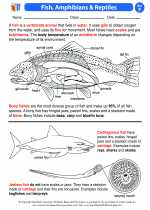 Fish, Amphibians & Reptiles
Fish, Amphibians & Reptiles  Worksheet/Answer key
Worksheet/Answer key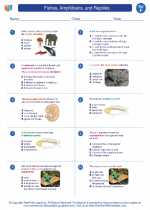 Fishes, Amphibians, and Reptiles
Fishes, Amphibians, and Reptiles  Worksheet/Answer key
Worksheet/Answer key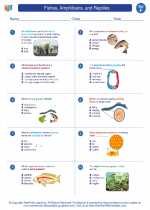 Fishes, Amphibians, and Reptiles
Fishes, Amphibians, and Reptiles  Worksheet/Answer key
Worksheet/Answer key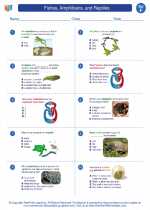 Fishes, Amphibians, and Reptiles
Fishes, Amphibians, and Reptiles  Worksheet/Answer key
Worksheet/Answer key Fishes, Amphibians, and Reptiles
Fishes, Amphibians, and Reptiles  Vocabulary/Answer key
Vocabulary/Answer key Fishes, Amphibians, and Reptiles
Fishes, Amphibians, and Reptiles  Vocabulary/Answer key
Vocabulary/Answer key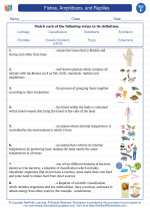 Fishes, Amphibians, and Reptiles
Fishes, Amphibians, and Reptiles  Vocabulary/Answer key
Vocabulary/Answer key Fishes, Amphibians, and Reptiles
Fishes, Amphibians, and Reptiles  Vocabulary/Answer key
Vocabulary/Answer key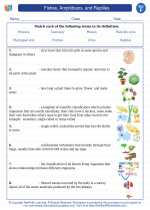 Fishes, Amphibians, and Reptiles
Fishes, Amphibians, and Reptiles  Vocabulary/Answer key
Vocabulary/Answer key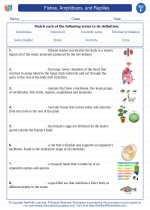 Fishes, Amphibians, and Reptiles
Fishes, Amphibians, and Reptiles 

 Activity Lesson
Activity Lesson
 Worksheet/Answer key
Worksheet/Answer key
 Worksheet/Answer key
Worksheet/Answer key
 Worksheet/Answer key
Worksheet/Answer key
 Worksheet/Answer key
Worksheet/Answer key
 Vocabulary/Answer key
Vocabulary/Answer key
 Vocabulary/Answer key
Vocabulary/Answer key
 Vocabulary/Answer key
Vocabulary/Answer key
 Vocabulary/Answer key
Vocabulary/Answer key
 Vocabulary/Answer key
Vocabulary/Answer key

The resources above cover the following skills:
LIFE SCIENCE
From Molecules to Organisms: Structures and Processes